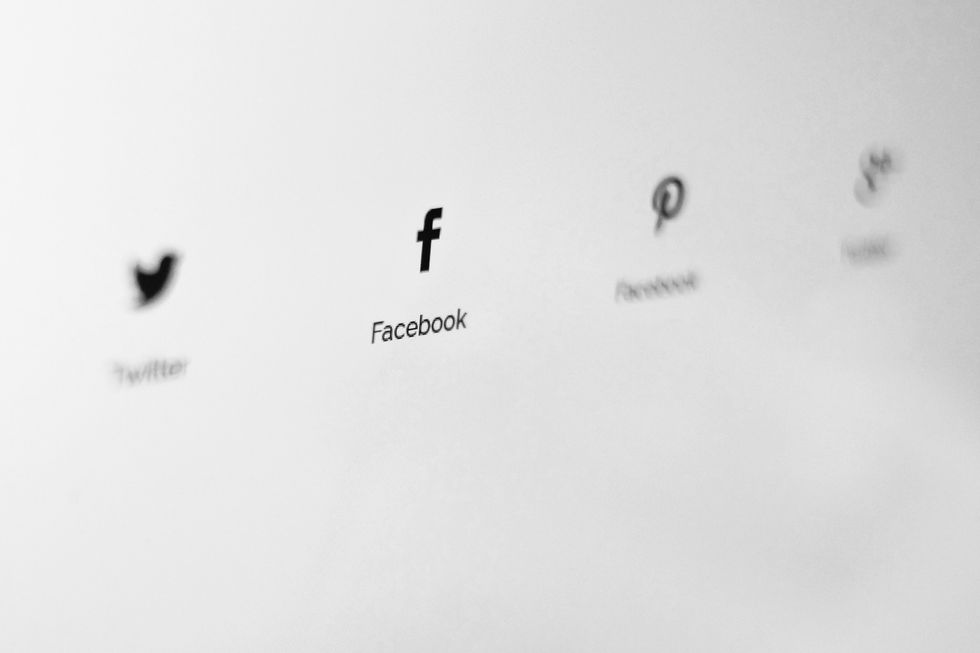Traditionally, according to German philosopher and sociologist Jürgen Habermas, the public sphere has been perceived as a rational community of individuals in which the best decisions could be arrived at logically through discussion and debate. The public not only entails a space but also the people that constitute it. The public sphere has allowed the convergence of multiple perspectives and through social engagement and debate, the best solutions would ultimately be produced. In our digital age, it is evident that the public sphere that Habermas initially had in mind has been reduced, not expanded. One would think that with technological advancement would come the expansion of the public, given that greater access to different kinds of information as well as more creative modes of expressing an opinion, informing an audience and conveying a message have emerged.
According to Eli Pariser, the public now operates in a filter bubble. The filter bubble explains how objective facts are no longer accessible to everyone on the same level. Search results are personalized, products are matched to individual preferences based on certain factors and consequently, people are less exposed to contrasting viewpoints. Social media has certainly reduced the public sphere; through increased digital connection and the personalization of content, people are more concerned with their own beliefs and the presentation of their facts. Such a method of being informed is not reflective of democracy, which emphasizes and values the practice of freedom of speech. This ideal concerns being exposed to and reflecting on differing points of view. Instead, we see such exposure to other ideas being undermined. An example is the media, namely the news, which is supposed to serve as an impartial channel through which people understand the facts regarding a given situation. Rather, in the digital age, it has become increasingly apparent that a shift from unbiased observation and distribution of information to an exertion of a specific opinion on the public has taken place. Our society is a lot more divided when it concerns certain political and social matters and as a result, we find ourselves operating in a world where you must take a specific view and stick to it.
Stemming from this, we can see that emotion surpasses logic in some of the ways information is distributed and received. Individuals are becoming more accustomed to seeing the things that they approve of, and this inevitably weakens the practice of discussing, debating and considering opposing points of view.





 mr and mrs potato head
StableDiffusion
mr and mrs potato head
StableDiffusion





